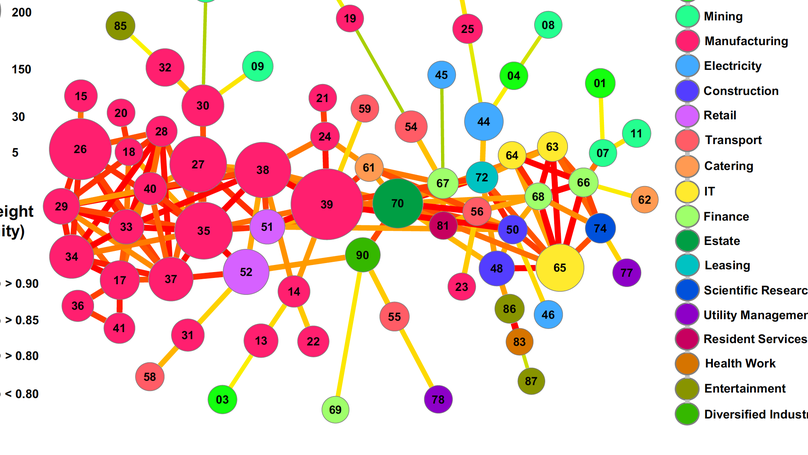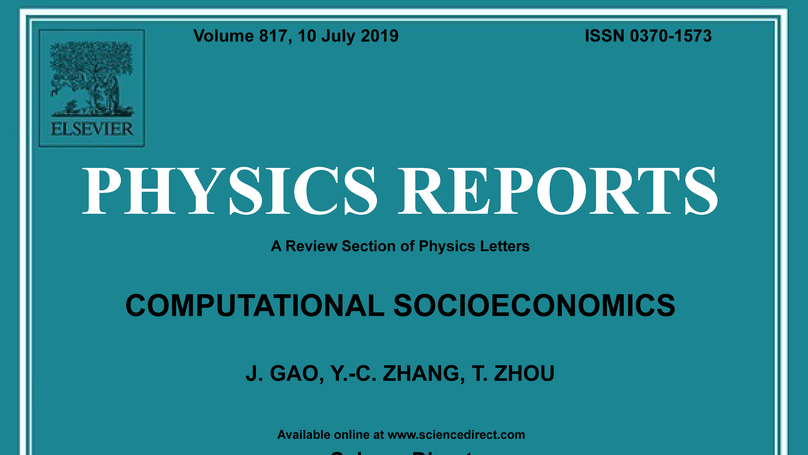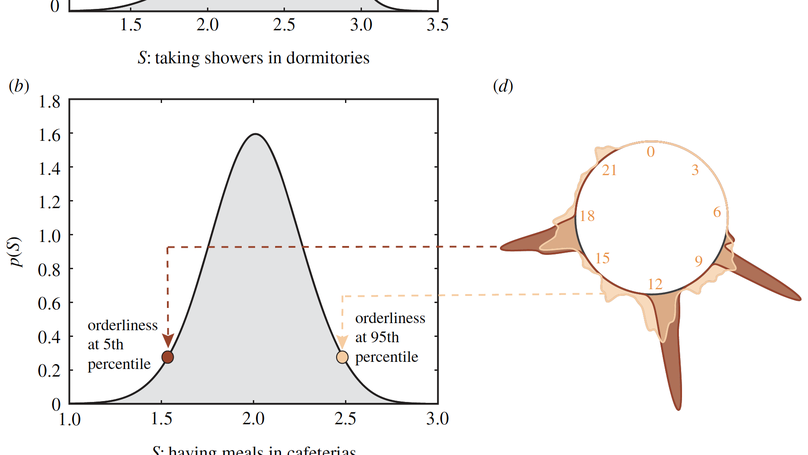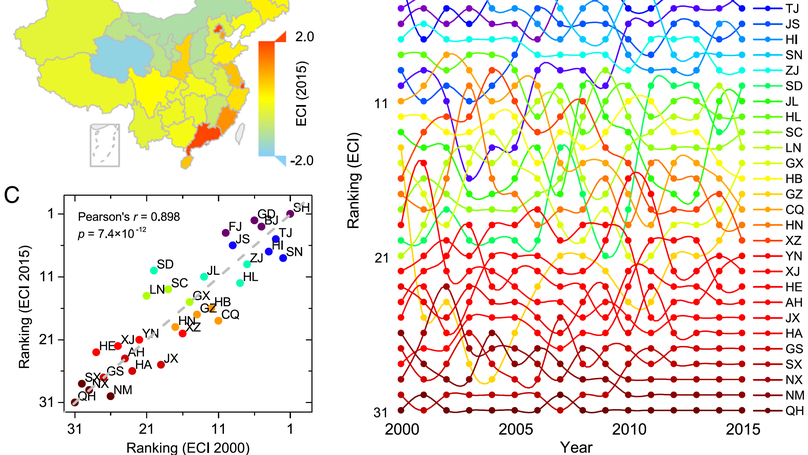Biography
Dr. Jian Gao is a Research Assistant Professor at the Center for Science of Science and Innovation (CSSI), Kellogg School of Management, Northwestern University, USA. He is also a Researcher-in-Residence at the Northwestern Institute on Complex Systems (NICO). He was a Postdoc at Kellogg CSSI (2019-2021), a Researcher at The MIT Media Lab (2016-2017), and a Visiting Scholar at Boston University (2016).
Starting from Fall 2024, he will be an Assistant Professor at The University of Hong Kong (HKU), Faculty of Social Sciences, Department of Social Work and Social Administration.
His primary research interests lie in the interdisciplinary fields of Computational Social Science and Science of Science. He uses large-scale data and develops computational approaches to study complex social and economic systems. His research explores how science interacts with a range of social institutions, from public policy to new technology to pharmaceutics. Meanwhile, he studies the equity and sustainability of the workforce that drives scientific research, technological innovation, and economic prosperity.
His works have yielded a range of generalizable insights, which hold direct implications for understanding the role and impact of science beyond science and for promoting an equitable and sustainable workforce. He has published 20+ articles in leading journals such as Science, Nature, Physics Reports, Nature Communications, and Regional Studies. His works have received 1290+ citations with an H-index of 18 and have been covered by popular media outlets such as Scientific American and Forbes.
Download Curriculum Vitae.
- Computational Social Science
- The Science of Science
- Social and Economic Systems
- Network & Complexity Science
- Applied Data Science
- AI for Science & Innovation
- Societal Impact of Science
- Biomedical Informatics
- Social Mobility & Education
- Demographic Inequality & Workforce Sustainability
-
Ph.D. in Computer Science, 2019
University of Electronic Science and Technology of China (advisor Prof. Tao Zhou)
-
Visiting Student in Media Arts & Sciences, 2017
Massachusetts Institute of Technology (MIT) Media Lab (advisor Prof. César A. Hidalgo)
-
Master Student in Computer Science, 2014
University of Electronic Science and Technology of China (advisor Prof. Tao Zhou)
-
B.Sc. in Information & Computing Science, 2012
University of Electronic Science and Technology of China (top 10 undergraduates with the highest honors)
Selected Publications

We propose a model to quantify roommate peer effects based on student accommodation distribution and their academic performance.





